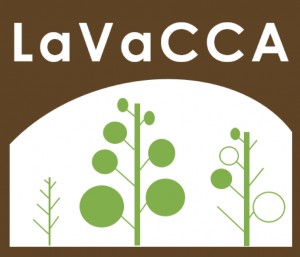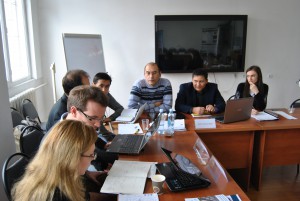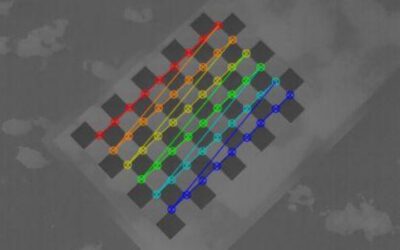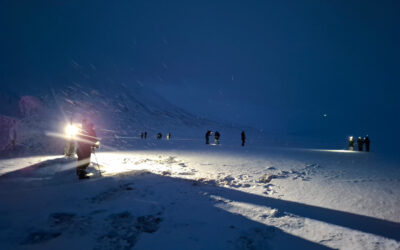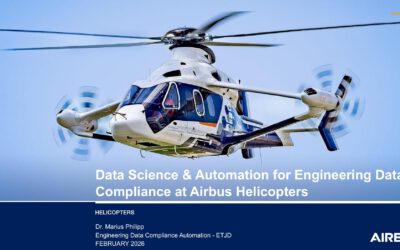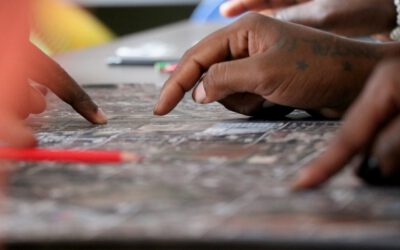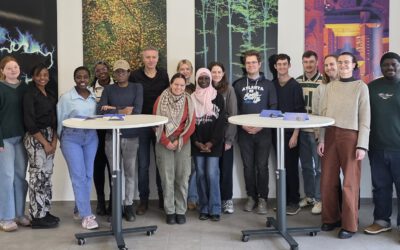After the kick-off meeting of the Volkswagen Foundation funded LaVaCCA project in Almaty (see post), an intensive R/GIS training was held in the GIS lab of the Al ́Farabi Kazakh National University, organized and led by staffers from the Department of Remote Sensing, Würzburg University. Young scientific staffers, post-docs and PhD students as well as invited guests from SIC-ICWC, Al´Farabi University and CAREC joined the training course from February 12th to 17th 2015.
The focus of the course was on methods and techniques for the application of satellite remote sensing in agricultural management, including the use of the statistical and open source programming language R:
- Introduction to the statistical software R
- Spatial statistics in R
- Working with vector data in R
- Working with raster data in R
- Visualizing and manipulating satellite data in R
This course served as a preparatory course for another, intensive training to be held in Urgench, Uzbekistan, in summer 2015. The feedback from the participants for the first course in Almaty was very positive and participants were given the opportunity to propose the topics and schedule of the second course in Urgench, Uzbekistan in summer 2015.
More information on the LaVaCCA project can be found here. Information on the R project for statistical computing, including download links can be found here.


